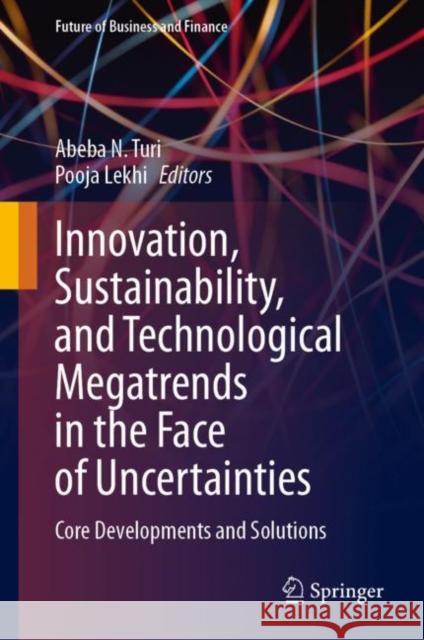Innovation, Sustainability, and Technological Megatrends in the Face of Uncertainties » książka
topmenu
Innovation, Sustainability, and Technological Megatrends in the Face of Uncertainties
ISBN-13: 9783031461880 / Twarda / 2024 / 255 str.
Innovation, Sustainability, and Technological Megatrends in the Face of Uncertainties
ISBN-13: 9783031461880 / Twarda / 2024 / 255 str.
cena 342,95 zł
(netto: 326,62 VAT: 5%)
Najniższa cena z 30 dni: 327,68 zł
(netto: 326,62 VAT: 5%)
Najniższa cena z 30 dni: 327,68 zł
Termin realizacji zamówienia:
ok. 22 dni roboczych
Bez gwarancji dostawy przed świętami
ok. 22 dni roboczych
Bez gwarancji dostawy przed świętami
Darmowa dostawa!
Kategorie:
Kategorie BISAC:
Wydawca:
Springer International Publishing AG
Seria wydawnicza:
ISBN-13:
9783031461880
Rok wydania:
2024
Ilość stron:
255
Wymiary:
23.5 x 15.5
Oprawa:
Twarda
Dodatkowe informacje:
Wydanie ilustrowane











